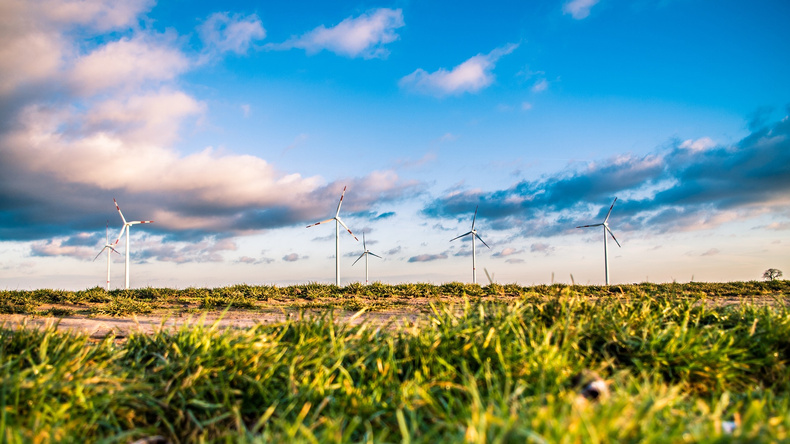What does WMCA 's decarbonisation plan mean for business?

The West Midlands Combined Authority(WMCA) have targeted net zero carbon emissions by 2041. For the WMCA to achieve this four delivery plans for decarbonisation are to be released every five years.
The first stage (2021-2026) decarbonisation plan was release in late March in partnership with WSP and aims to decarbonise the region 25 per cent by 2026. This plan also helps achieve the UK Government legislated target of net zero by 2050.
Business and industry are recognised as having a key role to play in the transition to net zero, and so this short summary the WMCA five year decarbonisation plan highlights some of the implications and benefits for industry, commercial and transport sectors as well as skills and jobs within the region.
Industry, Commercial & Transport Sectors
Industry & commercial sectors accounted for 30 per cent of greenhouse gas emissions on 2018, with transport at 36% and the remaining 34 per cent coming from domestic. The plan recognises the benefits of decarbonising the industrial and commercial sectors, which include boosting regional competitiveness, retained energy spend within region, new business opportunities and economic growth.
The plan notes, decarbonising the industrial and commercial sectors brings opportunities in energy consumption reduction and efficiency, use of decarbonised fuels (primarily the electrification of heat) and lastly renewable energy generation (mainly rooftop photovoltaics). High energy consuming industries (such as cement, steel and iron manufacturing) may have to utilise technologies to generate high amounts of heat, with low carbon technologies, which may not currently be fully commercialised, such as hydrogen and carbon capture and storage. Furthermore, gas and electricity will face the most significant changes over the next 20 years as low carbon fuel uptake increases.
The transport sector will require a shift to more active modes of travel and low carbon transport, along with low carbon fuel sources (likely to be electric in short run but potentially biofuels and hydrogen in long run). Achieving this would improve mental and physical health, improve air quality and quality of life for employees.
Jobs and Skills
The current estimate suggests 90,000 new jobs will be created in low carbon sectors in gross terms. The majority of these jobs would be focussed around manufacturing (low-emission vehicles, battery packs, and potential modules from the proposed gigafactory), but also low carbon heating technologies, energy efficiency products and solar panel installations.
The report notes a mismatch between skills and demand for the low carbon economy, and so businesses risk losing commercial opportunities through not having the skills needed to meet rising low carbon demands from customers. Areas of specific focus for skills are noted as solar, hydrogen fuel cells, electric vehicles, energy efficient products, green stimulus, professional services/ financial services and consultancy, green stimulus (retrofitting) and natural capital.
Alongside the East Midlands and Yorkshire and the Humber, the West Midlands region is considered to have the highest proportions of jobs that could be exposed to the transition. The sectoral impacts are highly varied and show that manufacturing, construction and transport have a high proportion of jobs affected by the transition relative to retail, information, finance and healthcare. Therefore, businesses should consider their current workforce capability and how increased low carbon growth will shape the requirements of their future workforce- around a fifth of current jobs (21 per cent) in the UK have skills for which demand could grow in the green economy or could require reskilling.
What the Chamber is doing
The Greater Birmingham Chambers of Commerce will continue to engage businesses on the net zero policy landscape and assist businesses through the net zero transition by sharing knowledge, guidance and best practice across the chamber network. As an example, please find out 'Net Zero and the Business Community ' briefing paper below.
See our 'Net Zero and the Business Community Briefing Paper ' listed here.
For any further information, please email [email protected].
